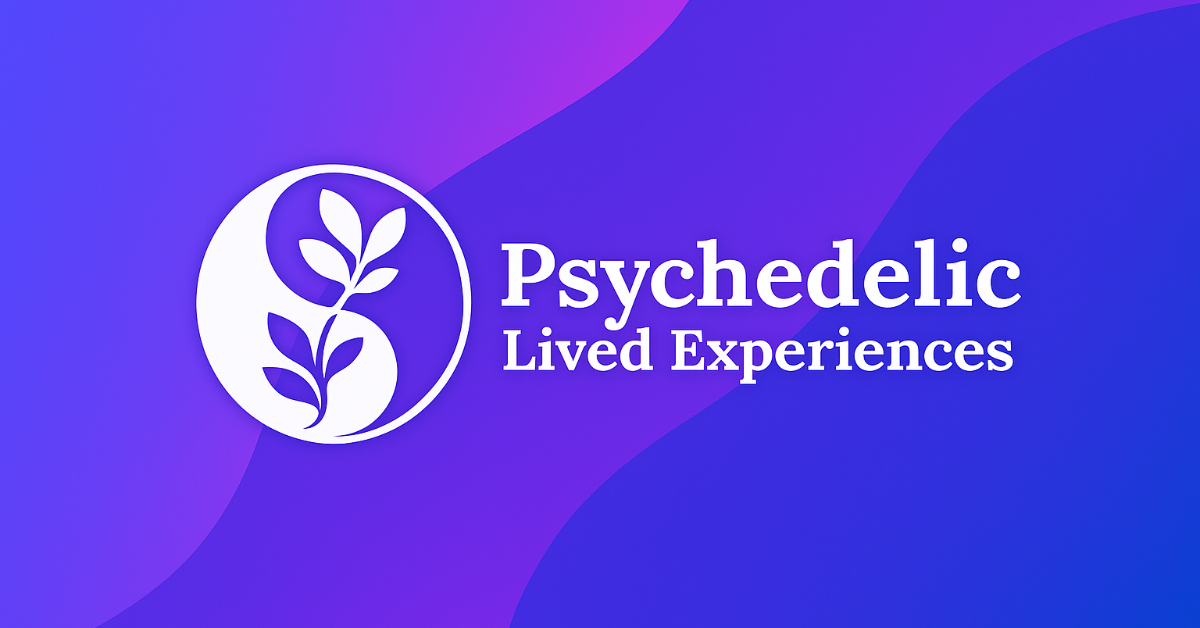Why aren’t all lived experiences represented at the summit?

As the team behind the Psychedelic Lived Experiences Summit, we want to be transparent about our curation process and explain why, despite our best intentions, not every lived experience is represented in this first edition.
This summit was born from a deep belief: lived experience deserves to be heard, centered, and valued in conversations about psychedelic care and policy. We care deeply about the diversity, validity, and complexity of these stories. Still, as with any grassroots project, certain limitations shape what is possible right now.
There are three main reasons why this first summit cannot represent every voice:
Time
Time is a finite resource. Coordinating dozens of speakers, scheduling interviews, preparing materials, and building this from scratch has required every available hour. We simply haven’t had the capacity to reach out to everyone we had hoped to or hold as many conversations as we would in a more resourced setting. This isn’t about whose story is “worthy”; it’s about what is logistically possible while balancing multiple responsibilities.
Resources
This is a grassroots, self-funded initiative with no institutional support or external funding. We’ve chosen to offer the summit for free and keep it accessible, which has meant making trade-offs around capacity. Without a team, a budget, or administrative support, we’ve had to be intentional and limited in who we could invite and follow up with. This doesn’t reflect the value of anyone’s experience—only the constraints of a humble, passionate beginning.
Mental Health
We have also made decisions based on emotional capacity. Some past interactions, both direct and observed, have had an impact on our nervous systems. Based on these experiences, we set certain boundaries to protect our mental health. These were not easy decisions, and they are not a judgment on anyone’s legitimacy or importance. They are about sustainability. Without these boundaries, we would not have been able to show up for this work at all. These choices come from self-care, not exclusion.
The voices featured in this summit are not just stories of healing or harm, but also the complex and nuanced experiences in between, stories that don’t always fit into headlines, but speak to the depth of real-world psychedelic care.
This summit is not a campaign for or against any model of treatment. It is not promotional or oppositional. It is an offering: an attempt to explore how these treatments are actually lived, and how we might create more honest, accountable, and inclusive systems going forward.
This is just one step in a larger conversation. We hope it grows. We hope others create their own spaces. And we hope we can continue to expand the circle—together. Thank you for understanding.